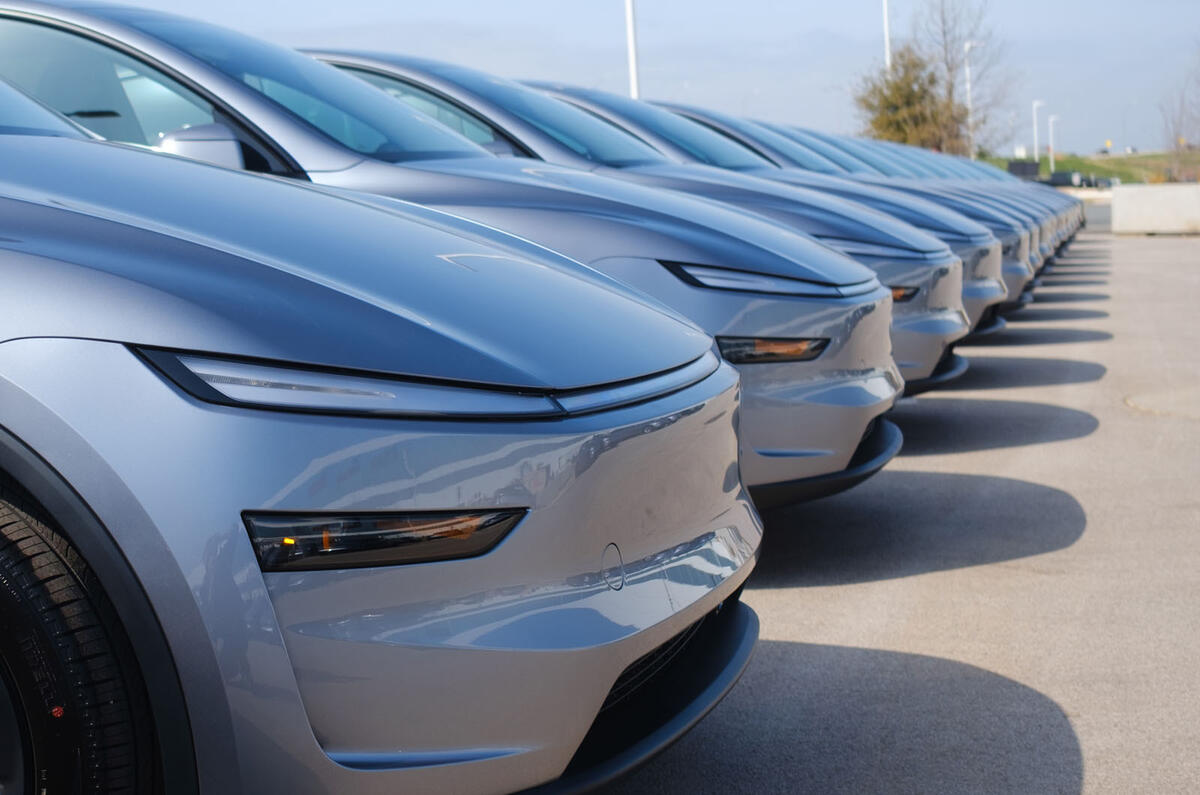Prospects for electric car sales look gloomy in the US after president Donald Trump’s government killed purchase incentives and ripped up legislation forcing ca rmakers to improve their average fuel consumption. But does that mean EVs are dead over there?
The recent push by car makers to launch more EVs in the US is definitely going into reverse, believes General Motors. “I would be surprised if there aren't fewer EV retailers or EV sellers in the next four to five years,” its CFO, Paul Jacobson, told the JP Morgan Auto Conference on 13 August.




Add your comment